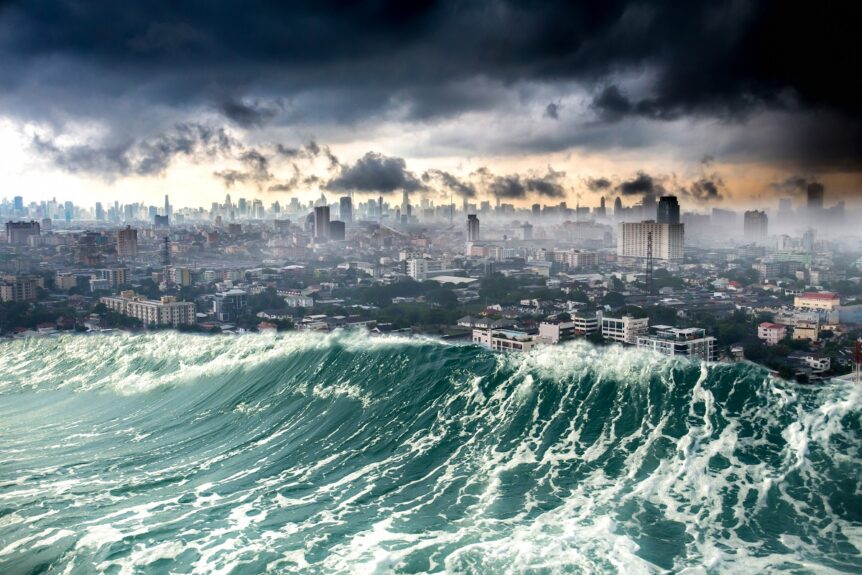Skeptics may claim that climate change is a myth, but the facts are undeniable. Our world is experiencing unprecedented environmental changes that impact every aspect of life. Here are 21 compelling reasons that prove climate change is a serious reality.
1. Rising Global Temperatures
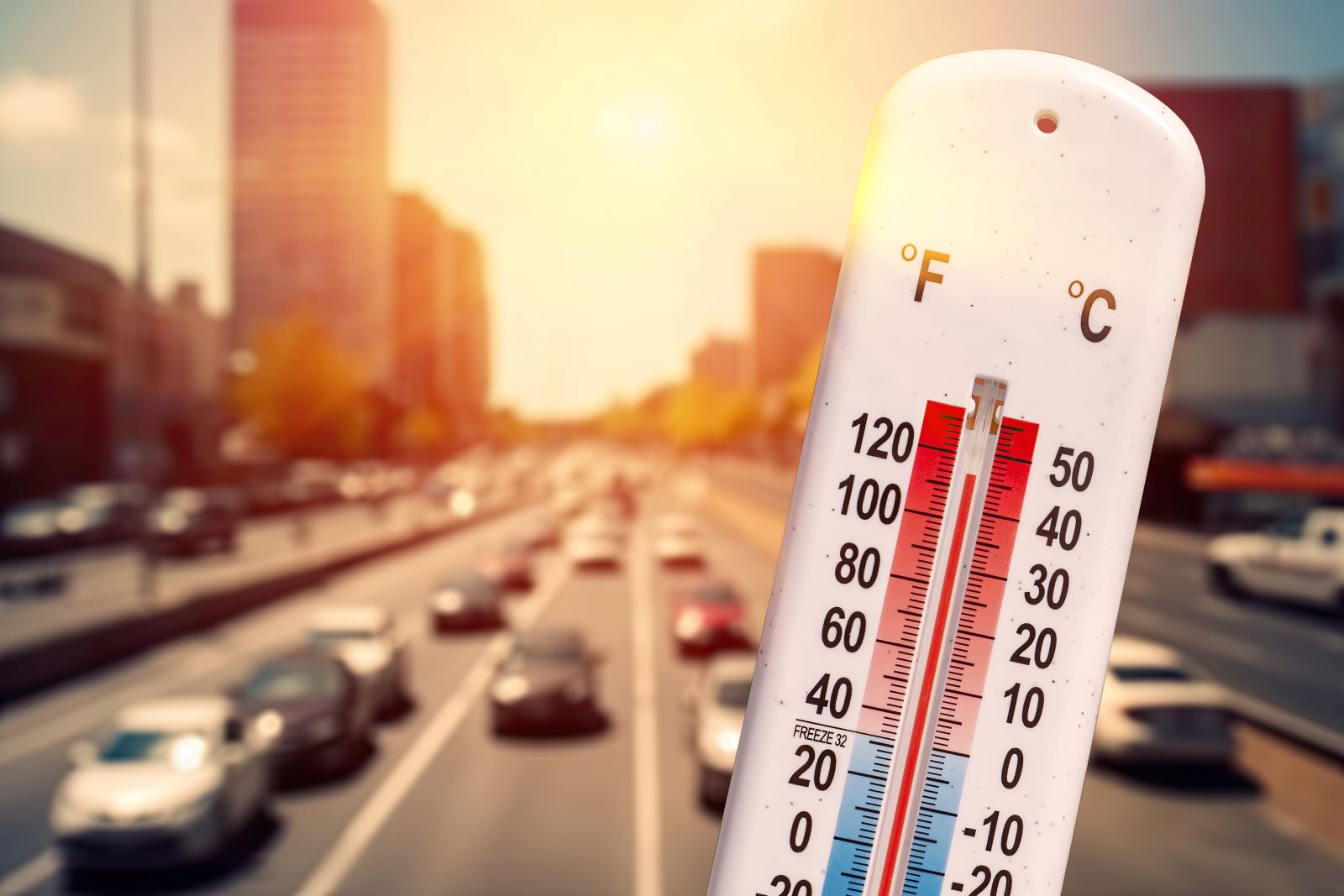
Image Credit: Shutterstock / Marc Bruxelle
Since the late 19th century, the Earth’s average surface temperature has risen by approximately 2.12 degrees Fahrenheit (1.18 degrees Celsius). The past decade, 2010-2019, was the warmest on record, with 2016 and 2020 tying as the hottest years.
2. Melting Polar Ice Caps
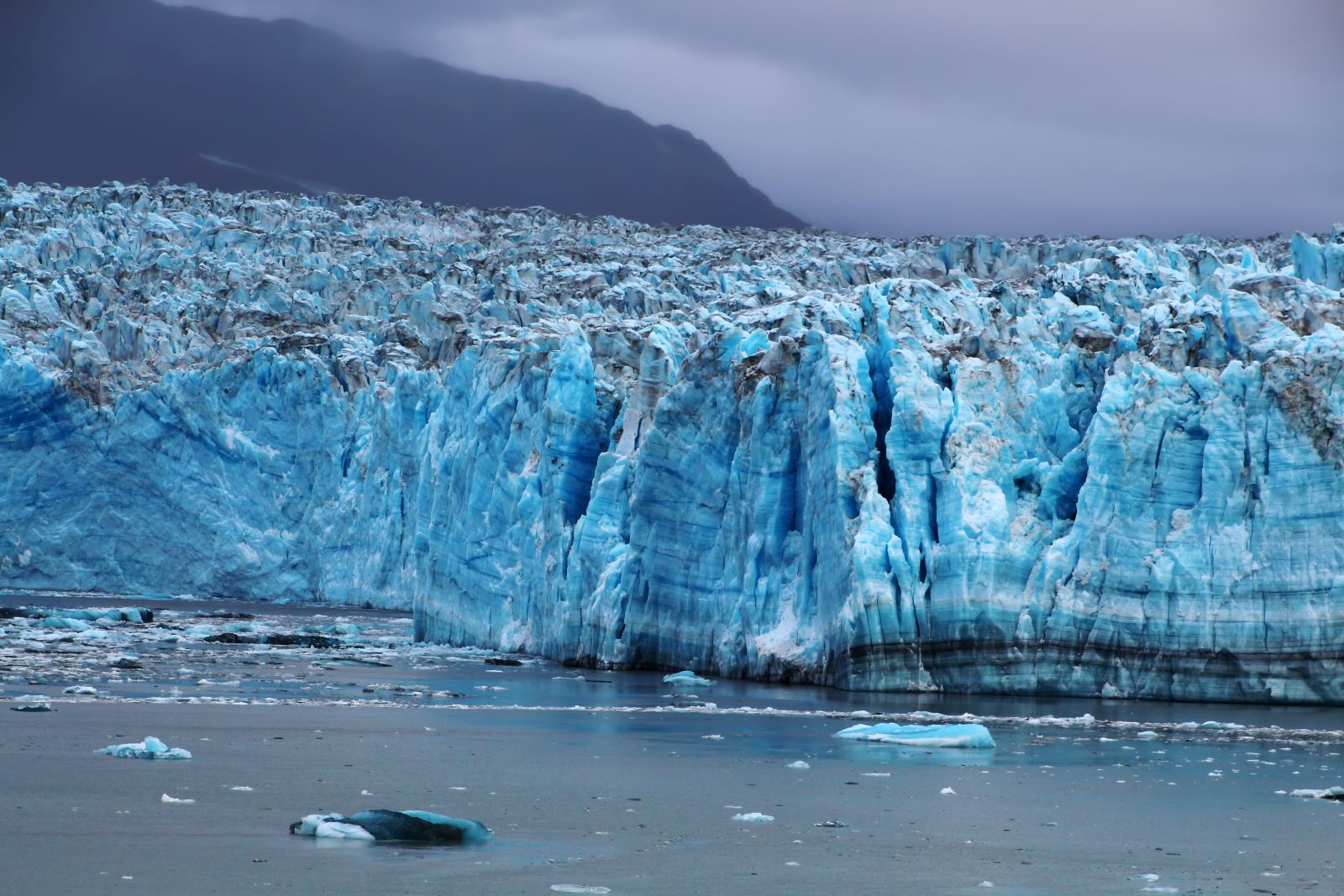
Image Credit: Shutterstock / jet 67
NASA reports that Arctic sea ice is declining at a rate of 13.1% per decade. Greenland lost an average of 279 billion tons of ice per year between 1993 and 2019, while Antarctica lost about 148 billion tons per year.
3. Increasing Sea Levels
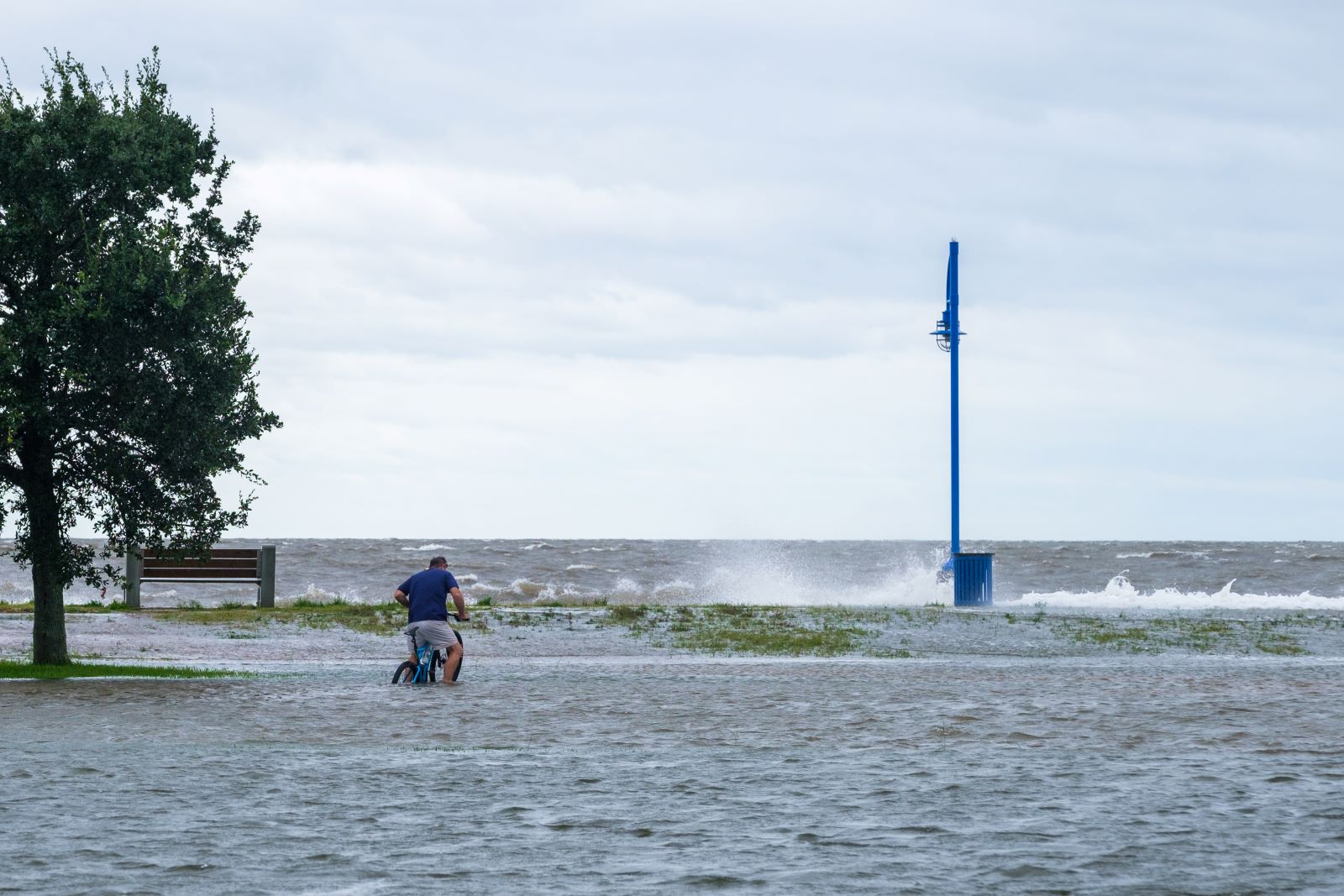
Image Credit: Shutterstock / William A. Morgan
Global sea levels have risen about 8 inches since 1880, with the rate of rise accelerating in recent decades. The Intergovernmental Panel on Climate Change (IPCC) projects sea levels could rise by 1 to 4 feet by 2100.
4. More Extreme Weather Events
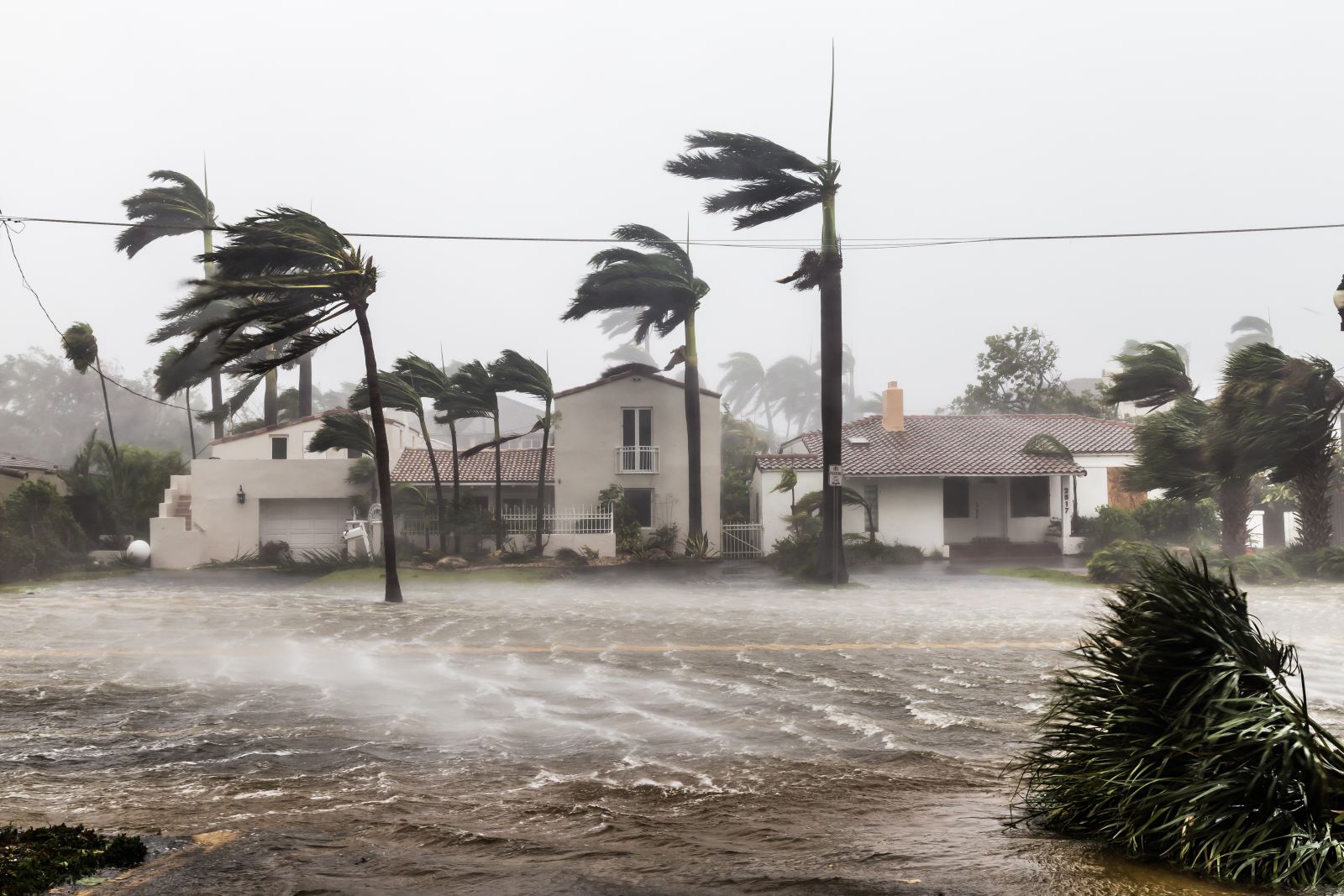
Image Credit: Shutterstock / FotoKina
The frequency of extreme weather events has increased, with a 400% rise in weather-related disasters since 1980. The 2020 Atlantic hurricane season was the most active on record, with 30 named storms.
5. Ocean Acidification
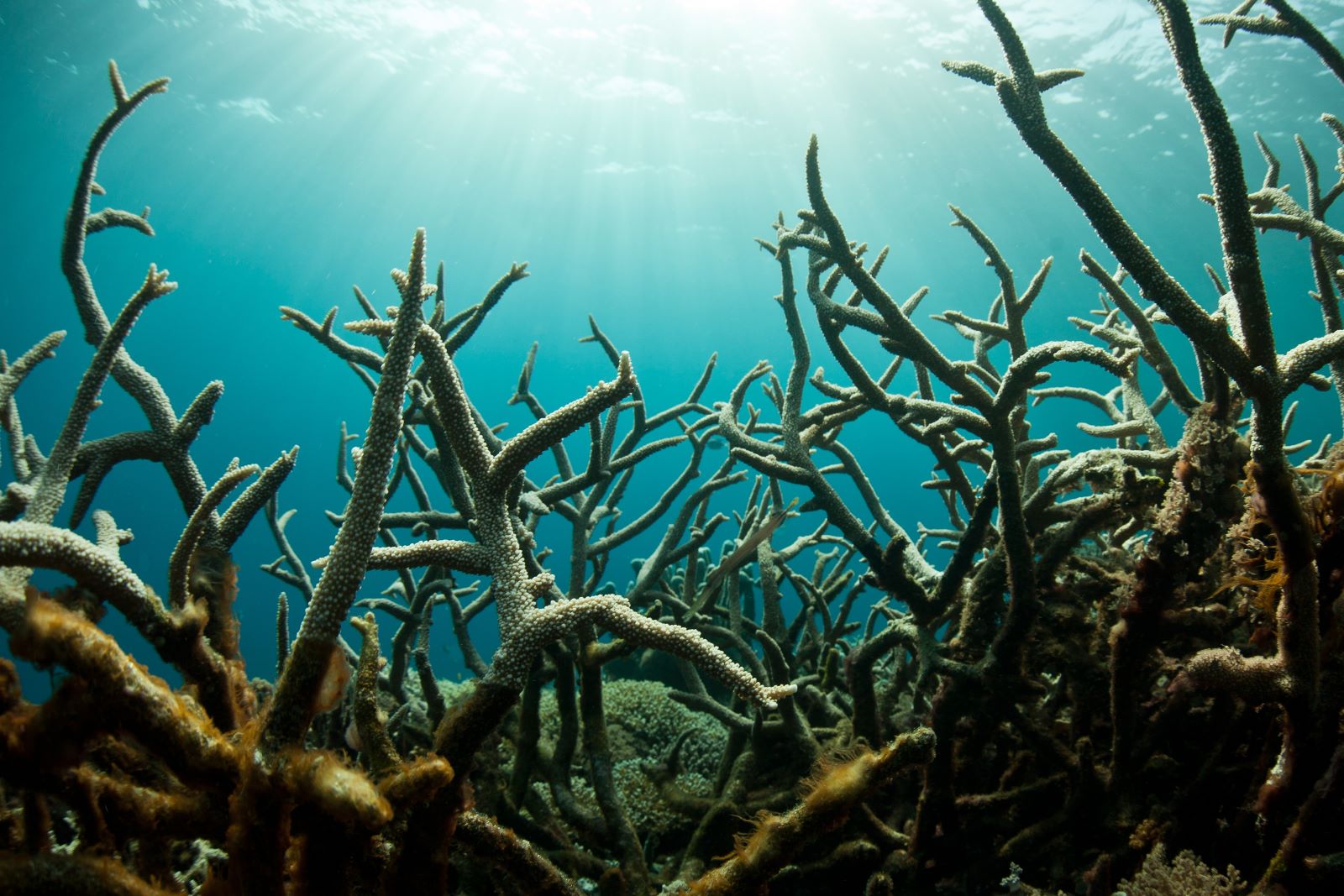
Image Credit: Shutterstock / Ethan Daniels
The oceans absorb about 30% of the carbon dioxide released into the atmosphere. Since the Industrial Revolution, ocean acidity has increased by about 30%, threatening marine ecosystems, especially coral reefs.
6. Shrinking Glaciers
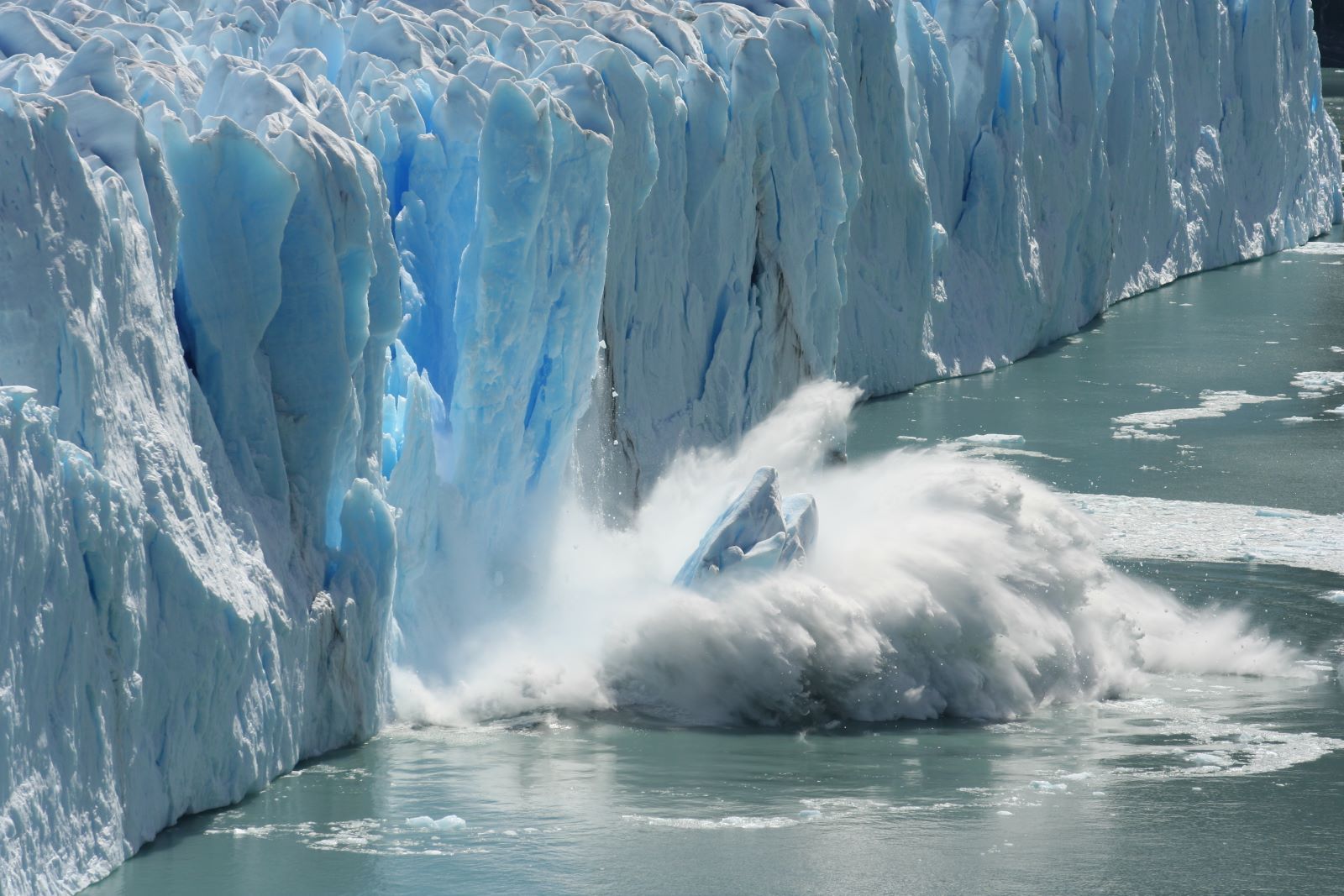
Image Credit: Shutterstock / Bernhard Staehli
Glaciers have been retreating significantly around the world. For example, the Glacier National Park in Montana had over 150 glaciers in 1910, but fewer than 25 remain today.
7. Warmer Oceans
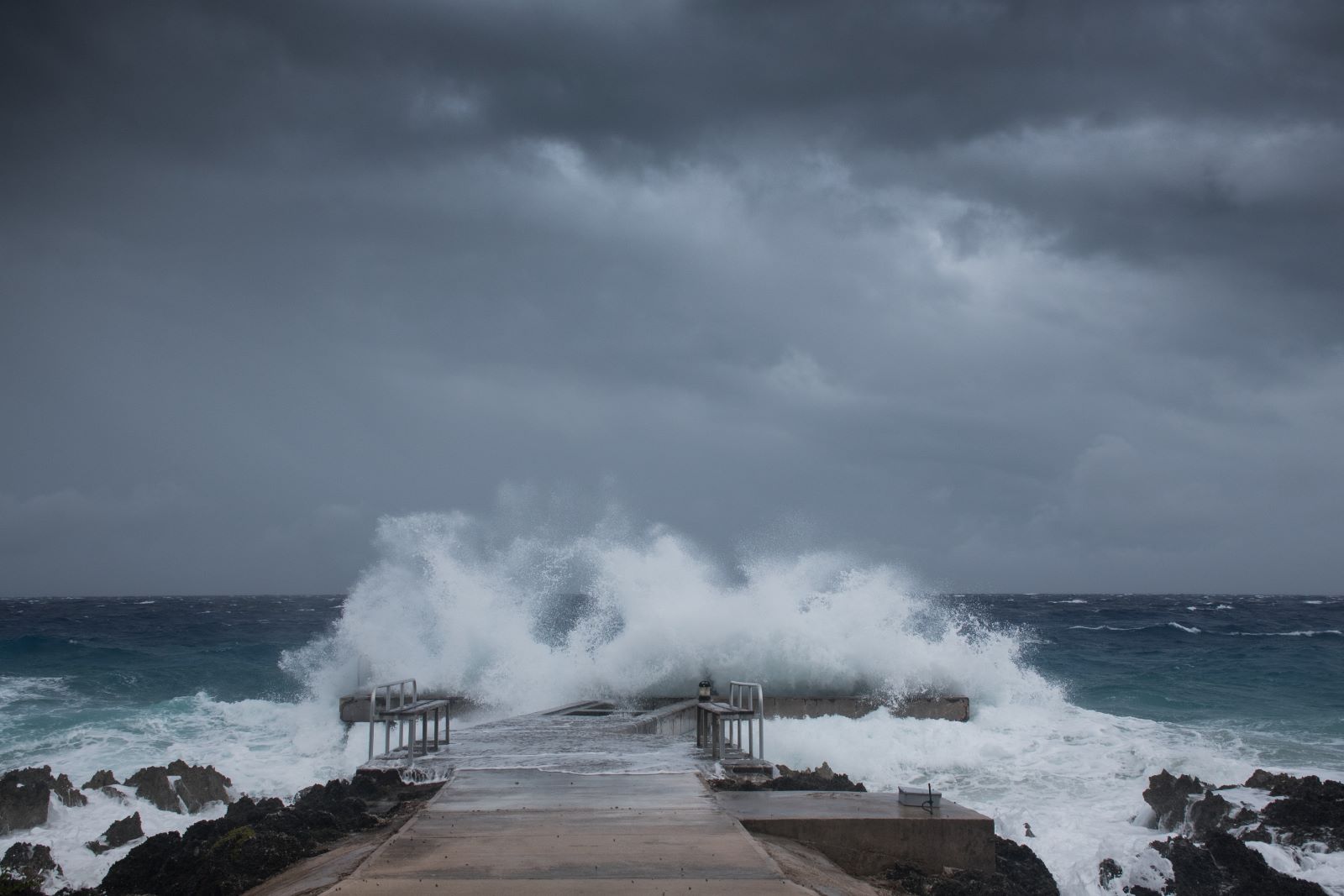
Image Credit: Shutterstock / Drew McArthur
The upper layers of the world’s oceans have absorbed a significant amount of heat, with the top 700 meters warming by more than 0.4 degrees Fahrenheit since 1969. This warming contributes to coral bleaching and stronger hurricanes.
8. Shifts in Wildlife Populations
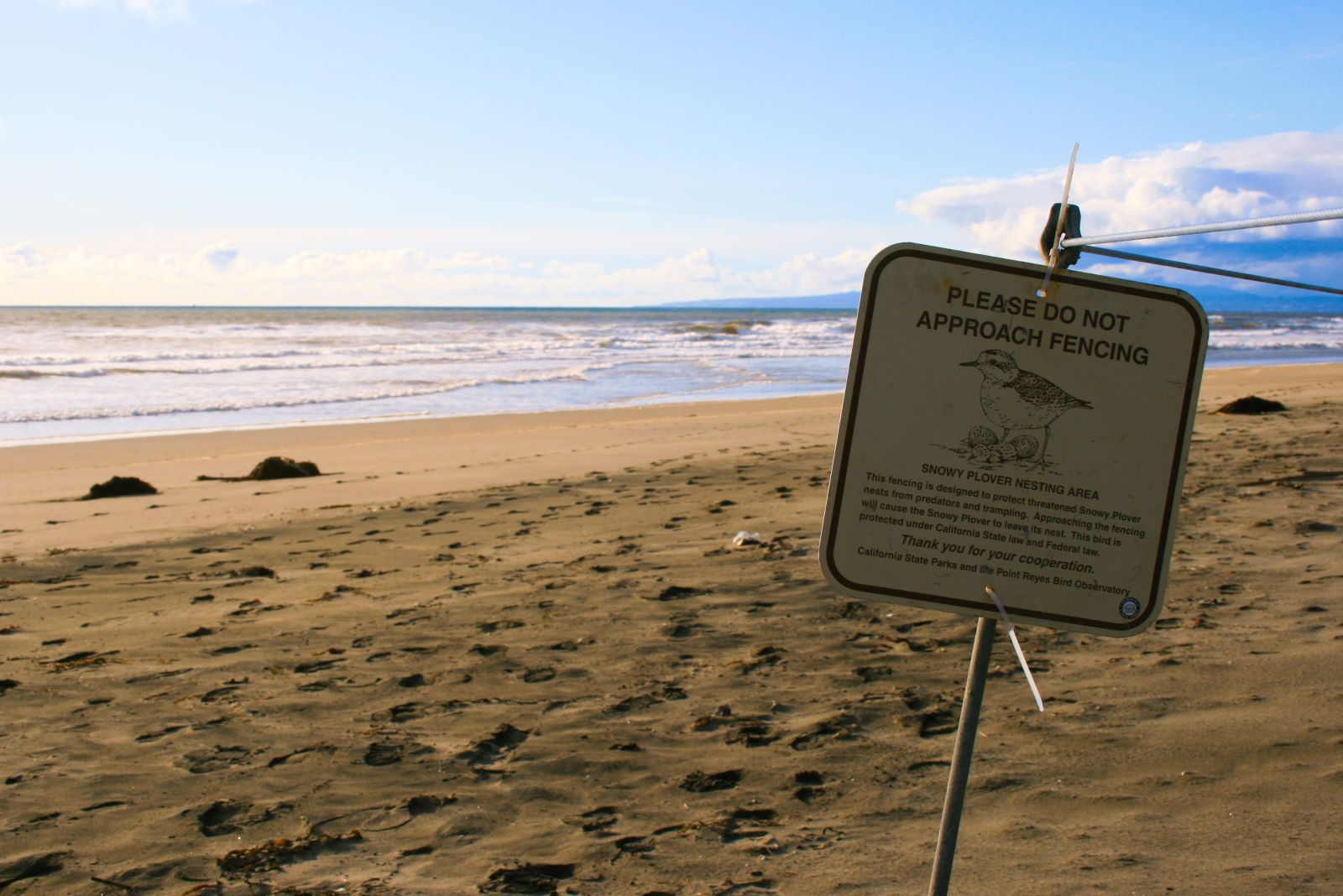
Image Credit: Shutterstock / Megan M. Weber
Species are migrating poleward or to higher altitudes at rates averaging 15 kilometers per decade. This disrupts ecosystems and threatens species unable to adapt quickly enough.
9. Declining Biodiversity
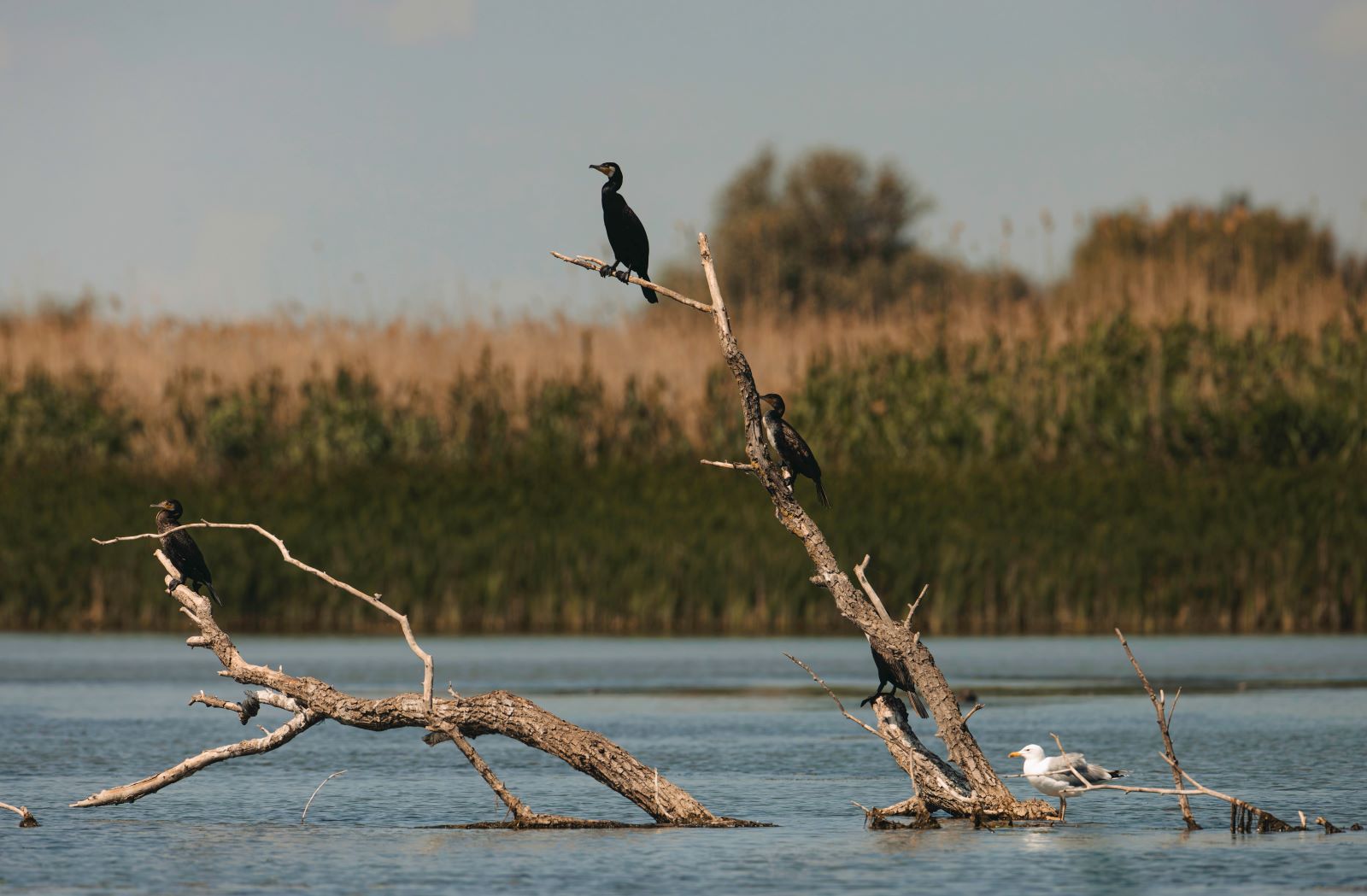
Image Credit: Shutterstock / MAD.vertise
Climate change, along with habitat destruction and pollution, threatens up to 1 million species with extinction within decades, according to a UN report published in 2019.
10. Increased Heatwaves

Image Credit: Shutterstock / Alexandros Michailidis
The number of extreme heat days is increasing globally. In Europe, the summer of 2003 saw a heatwave that resulted in the deaths of over 70,000 people.
11. Droughts
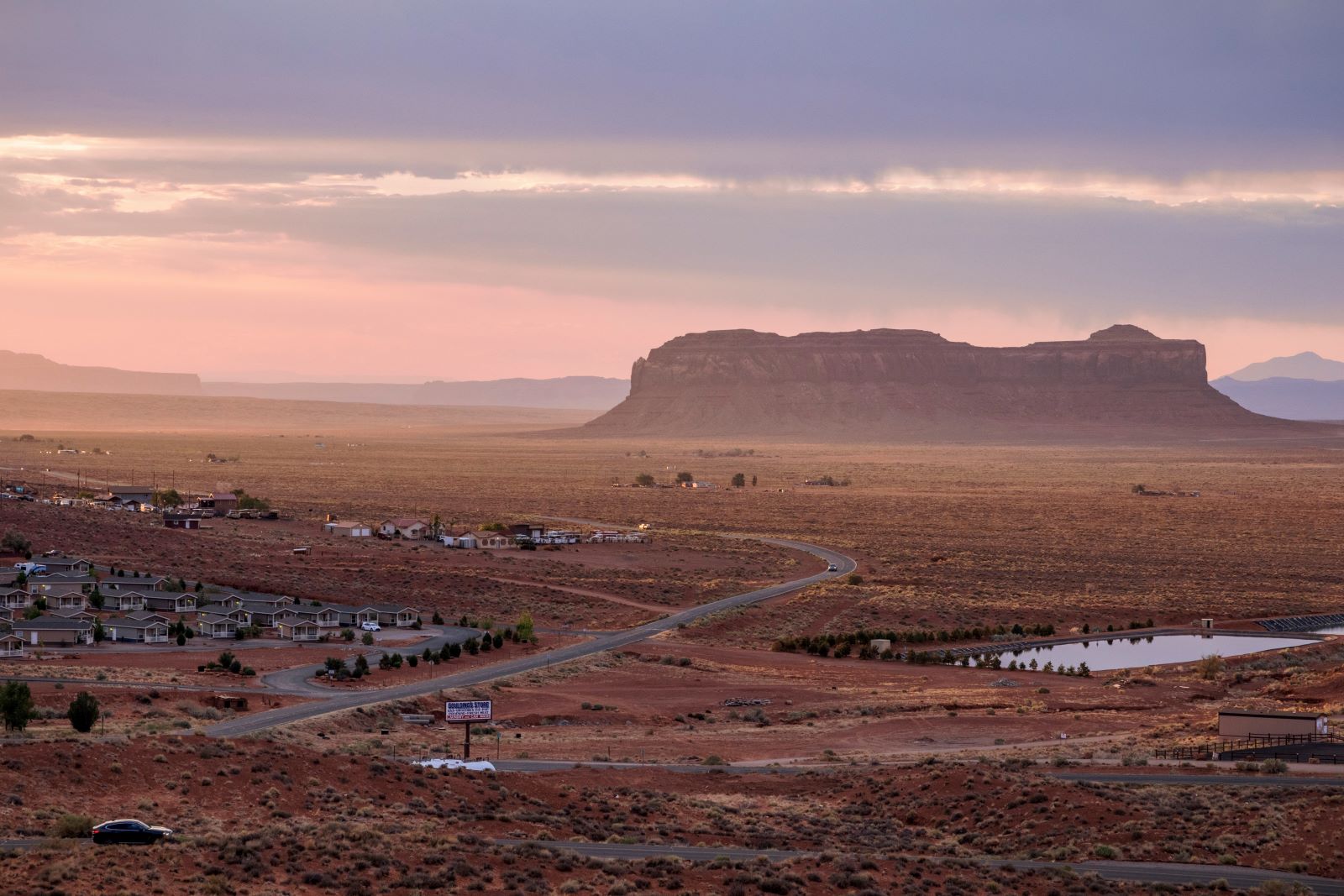
Image Credit: Shutterstock / Cavan-Images
Climate change is making droughts more severe and prolonged. In the U.S., California experienced its worst drought in over 1,200 years from 2011 to 2017, exacerbating water shortages and wildfires.
12. Changing Precipitation Patterns
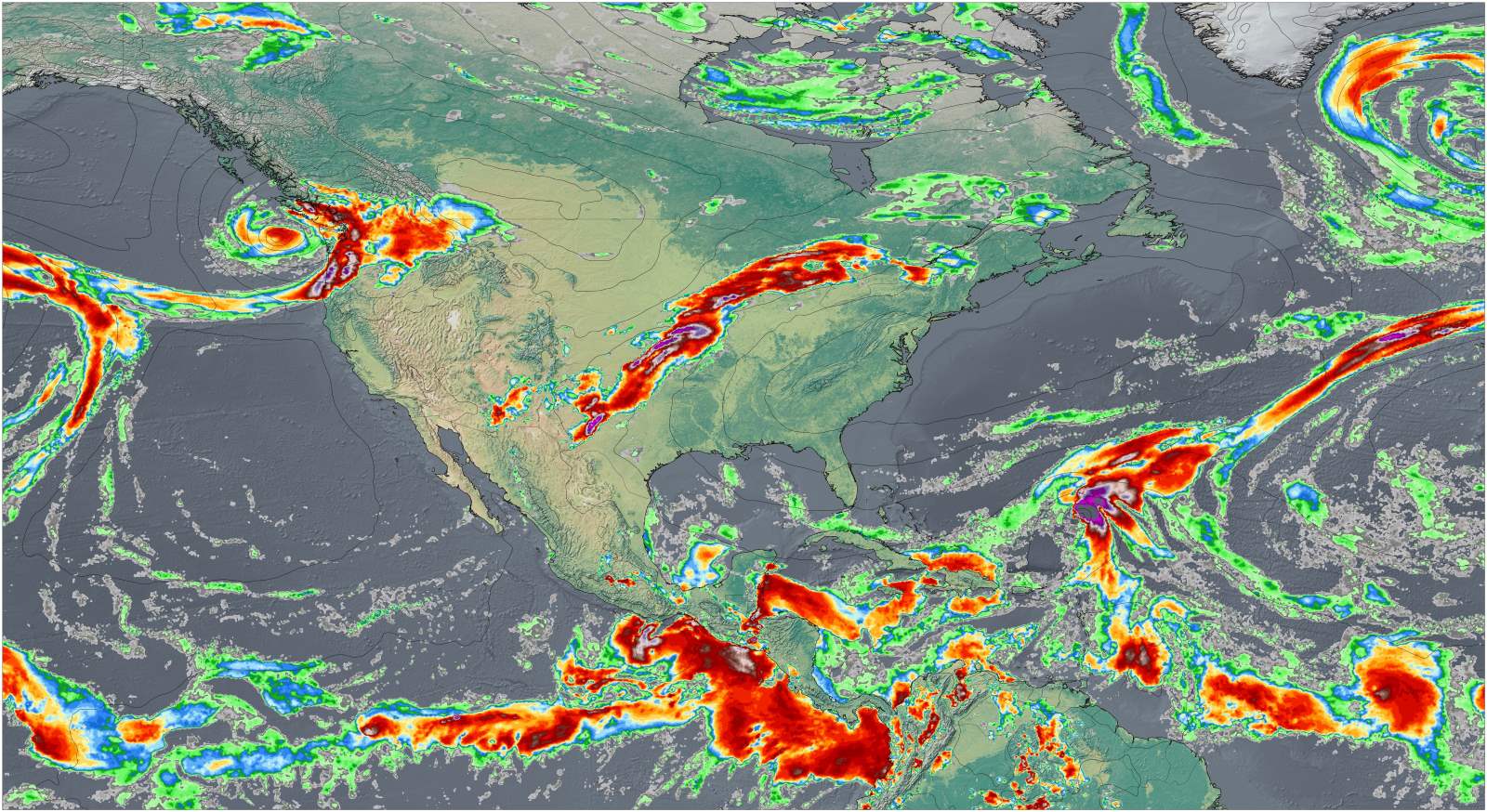
Image Credit: Shutterstock / Stock Lpa
Changes in climate have altered precipitation patterns, increasing the intensity and frequency of heavy rain and snowfall events. The northeastern U.S. saw a 71% increase in heavy precipitation events from 1958 to 2012.
13. Thawing Permafrost
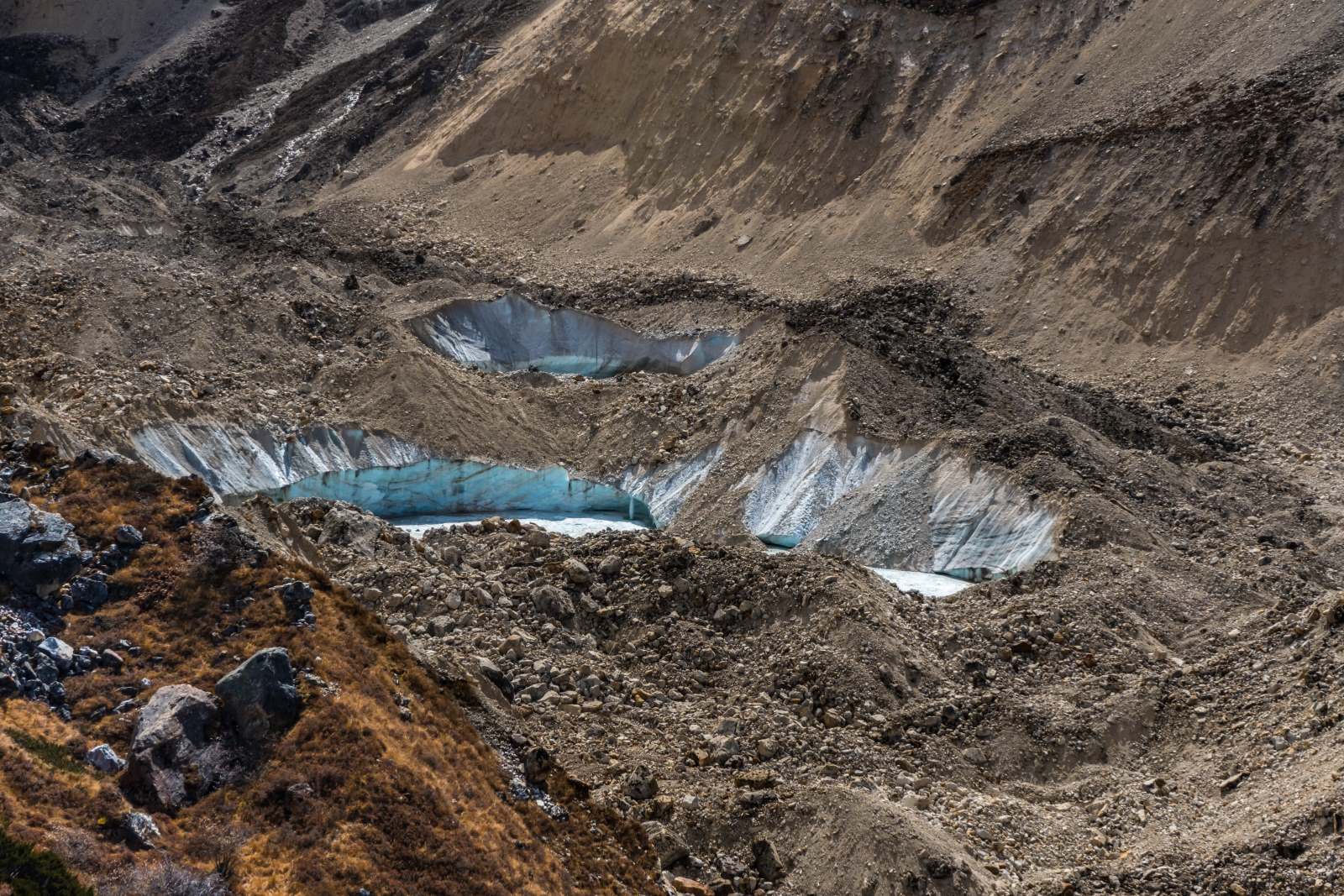
Image Credit: Shutterstock / Jasper Neupane
Arctic permafrost is thawing and releasing methane, a potent greenhouse gas. Thawing permafrost could release up to 240 billion metric tons of carbon dioxide by 2100, amplifying global warming.
14. Agricultural Impact
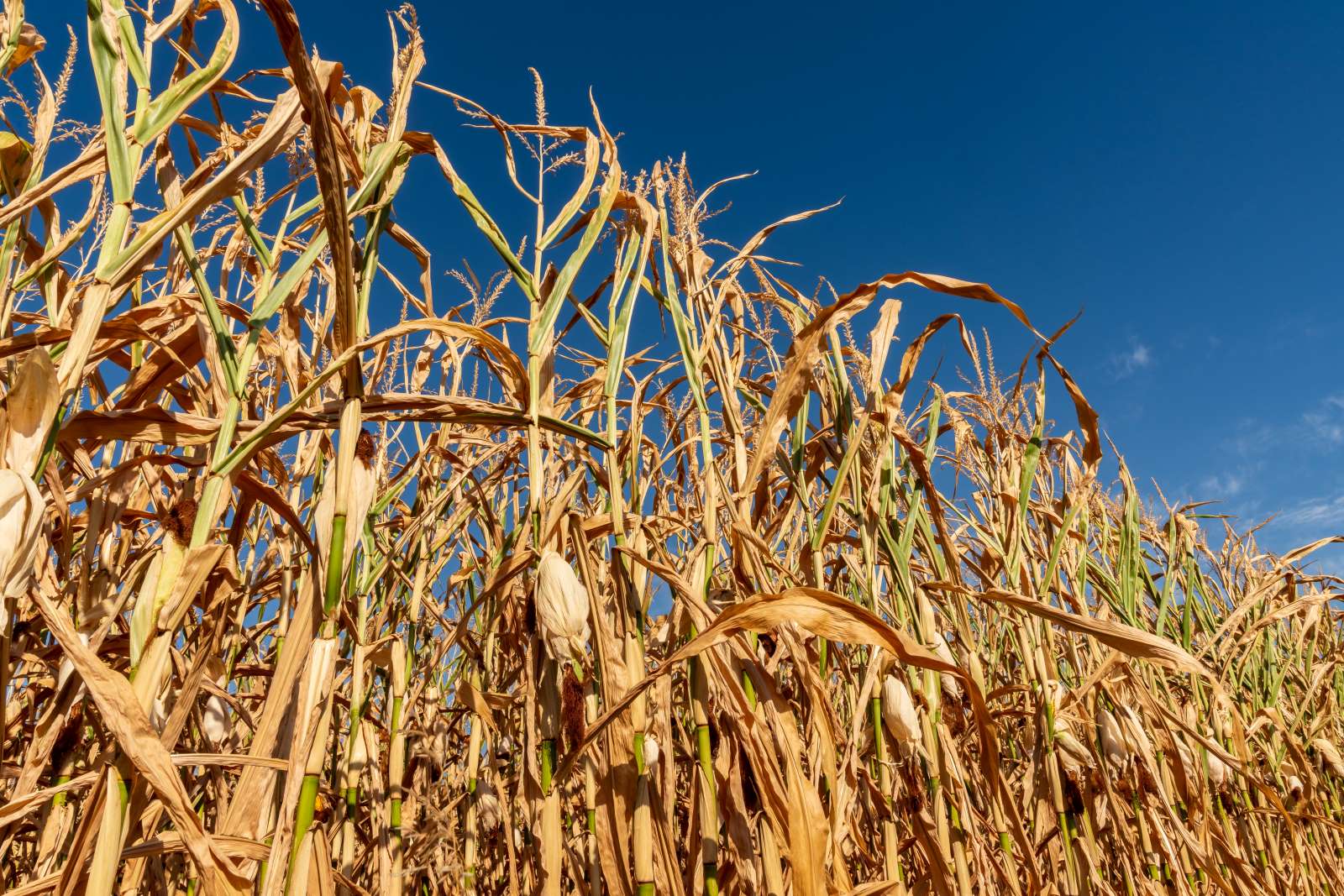
Image Credit: Shutterstock / bernd.brueggemann
Climate change impacts agriculture through altered rainfall patterns, extreme weather, and shifting growing seasons. Crop yields for staple crops like wheat and maize could decline by up to 10% by 2050 without significant adaptation measures.
15. Public Health Risks

Image Credit: Shutterstock / Budimir Jevtic
Climate change exacerbates health risks, including heat-related illnesses, respiratory problems from wildfires, and the spread of vector-borne diseases like malaria and dengue fever. The WHO estimates that climate change will cause approximately 250,000 additional deaths per year between 2030 and 2050.
16. Ocean Currents Disruption
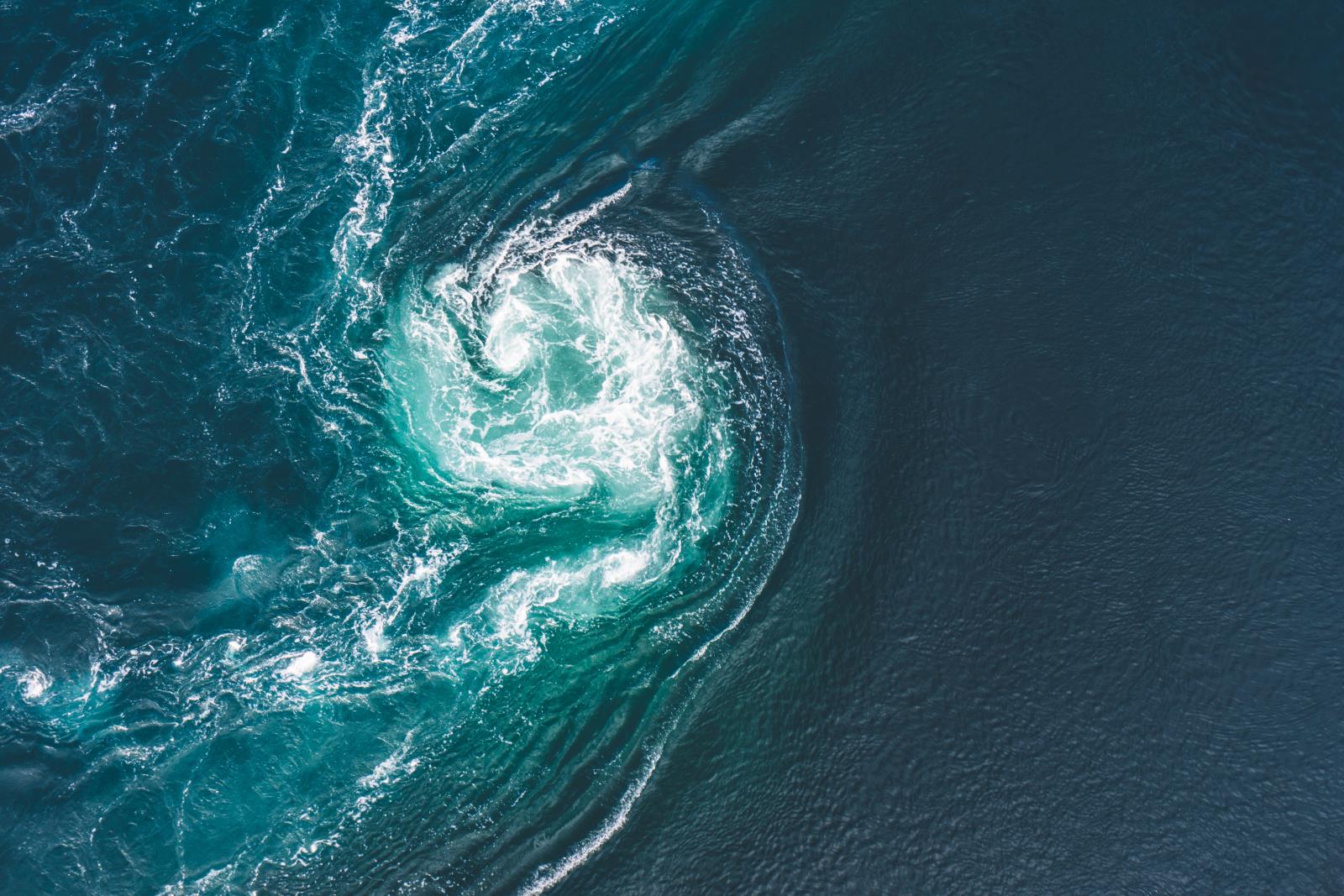
Image Credit: Shutterstock / Letowa
Disruption of ocean currents, like the Atlantic Meridional Overturning Circulation (AMOC), can have major climate impacts. A 2018 study found that the AMOC has weakened by about 15% since the mid-20th century, affecting weather patterns and marine life.
17. Increased wildfires
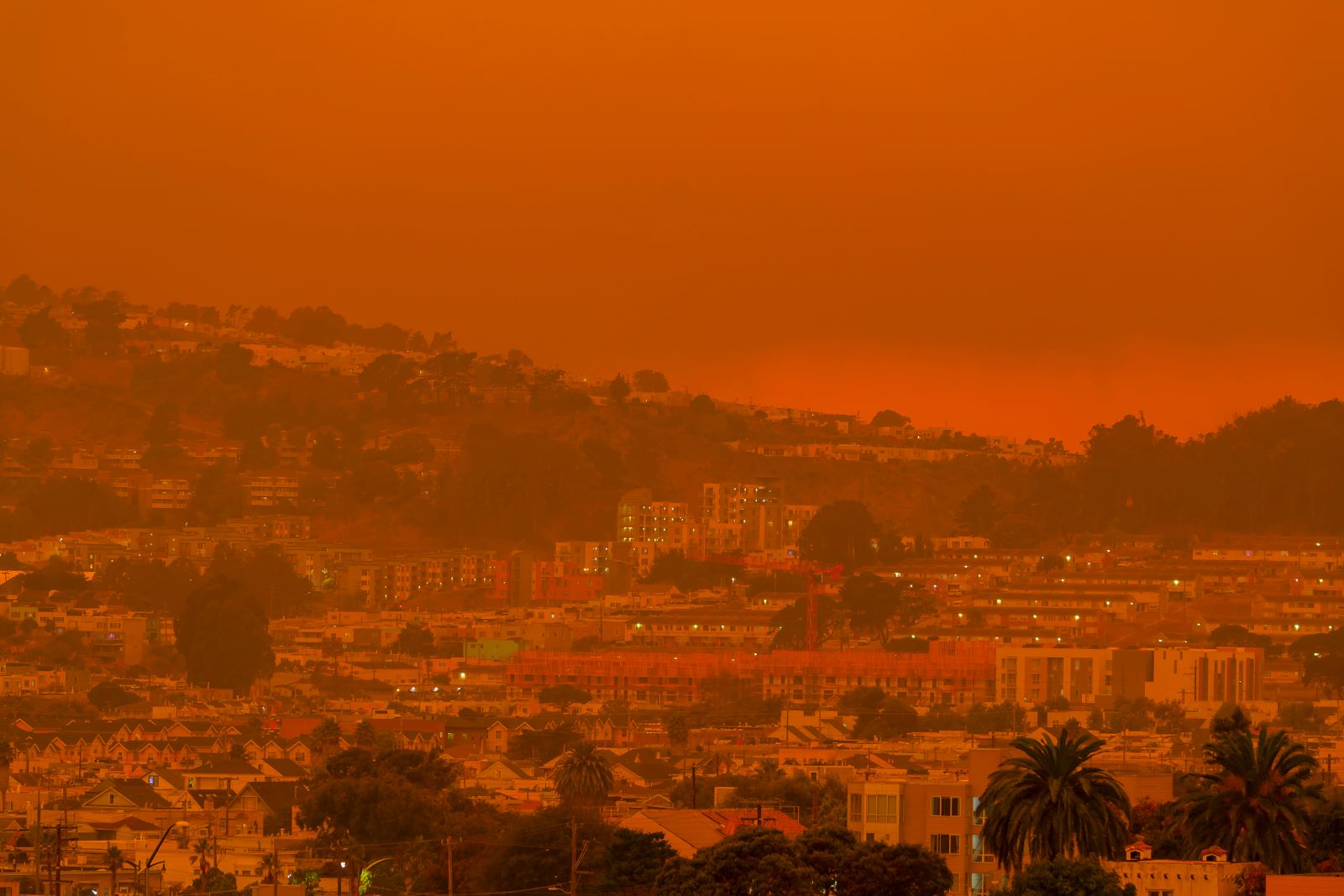
Image Credit: Shutterstock / SvetlanaSF
Wildfires are becoming more frequent and intense due to climate change. In the U.S., the wildfire season has lengthened by 78 days since 1970, and the average area burned annually has more than doubled.
18. Coral Reef Destruction
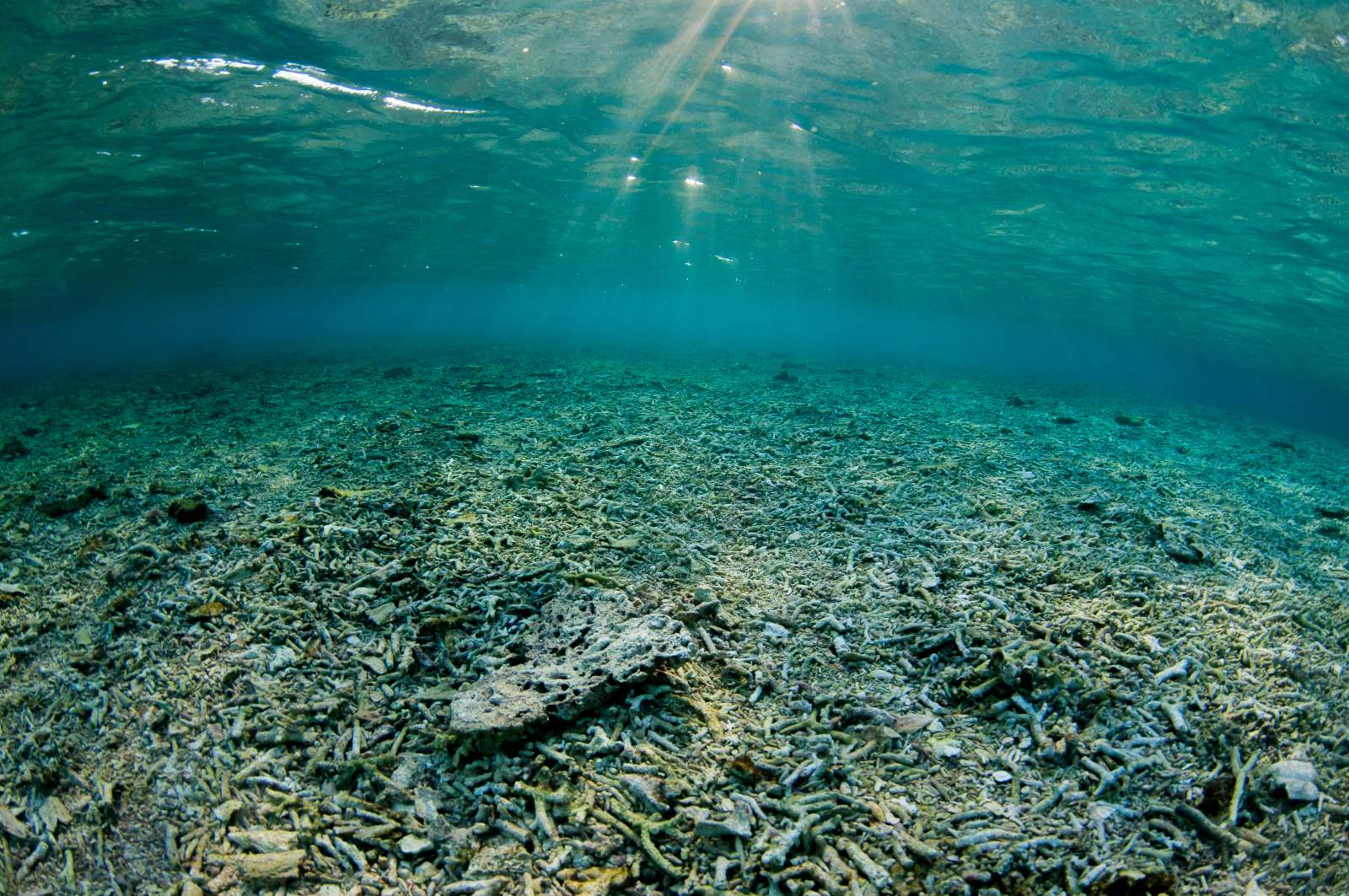
Image Credit: Shutterstock / cdelacy
Rising ocean temperatures and acidification are devastating coral reefs. The Great Barrier Reef has experienced multiple mass bleaching events since 1998, with significant losses in coral cover.
19. Economic Costs

Image Credit: Shutterstock / L.O.N Dslr Camera
The economic impacts of climate change are substantial. In 2020, climate-related disasters cost the U.S. over $95 billion. The global economic cost of climate change could reach $69 trillion by 2100 without significant mitigation efforts.
20. Migration and Displacement

Image Credit: Shutterstock / mark reinstein
Climate change is displacing people worldwide. By 2050, it is estimated that climate change could force over 143 million people to migrate within their countries in Sub-Saharan Africa, South Asia, and Latin America.
21. Scientific Consensus

Image Credit: Shutterstock / Motortion Films
There is overwhelming scientific consensus on climate change. A 2013 study found that 97% of climate scientists agree that climate-warming trends over the past century are very likely due to human activities.
Climate Change is Real
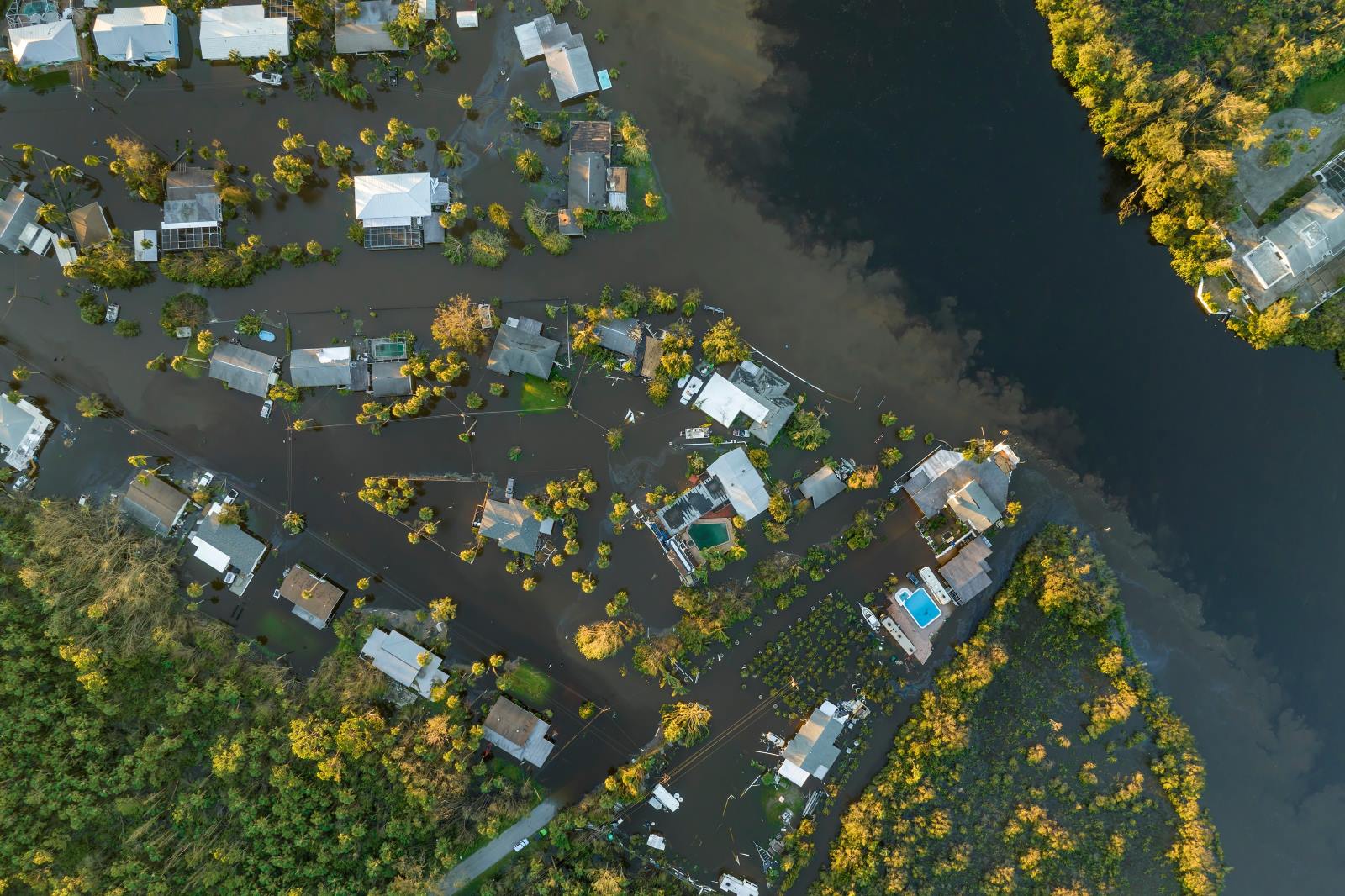
Image Credit: Shutterstock / Bilanol
The evidence for climate change is overwhelming and undeniable. Urgent action is needed to mitigate its effects and protect our planet.
Oil Dumping Scandal Rocks Ships Heading to New Orleans

Image Credit: Shutterstock / Aerial-motion
Two shipping companies have been fined after knowingly hiding a large oil spill in the Atlantic Ocean. Oil Dumping Scandal Rocks Ships Heading to New Orleans
20 Eye-Opening Realities Facing Retiring Baby Boomers

Image Credit: Shutterstock / Jack Frog
As Baby Boomers approach retirement, the promise of leisure and security often seems unattainable. This generation faces unique challenges that could redefine retirement. Here’s a stark look at the realities shaping their outlook. 20 Eye-Opening Realities Facing Retiring Baby Boomers
Retail Apocalypse: Massive Closures Sweep Across U.S. Brands

Image Credit: Shutterstock / Tada Images
Stores across the U.S. are closing at unprecedented levels, according to new research from advisory firm Coresight Research. Read on for more information about the impact this could have on you and your communities. Retail Apocalypse: Massive Closures Sweep Across U.S. Brands
Featured Image Credit: Shutterstock / Bignai.
For transparency, this content was partly developed with AI assistance and carefully curated by an experienced editor to be informative and ensure accuracy.

